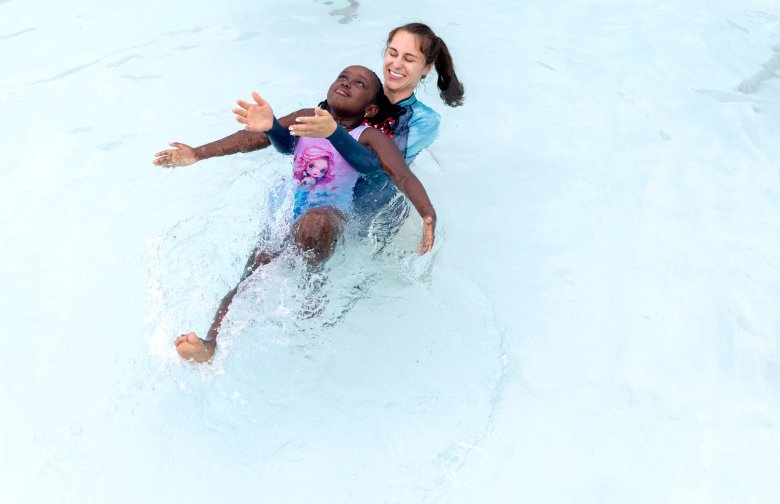
Maine officials and water safety advocates are urging caution and preparedness among swimmers and boaters after a recent spate of emergency incidents, including multiple drownings, around the state.
Experts say several issues may be factoring into the issues in and around the water this summer, including a lack of swimming education, a scarcity of lifeguards and water temperatures that can remain dangerously cold, even when the air outside is warm.
“As a community, we all play an integral role in keeping those safe in and around the water,” said Jennifer Costa, communications director for the American Red Cross of Northern New England.
Since the start of July, two Maine teens have died while swimming in local ponds: a 15-year-old from Farmington and an 18-year-old from Deer Isle. Additionally, an Augusta fisherman who went missing Sunday still had not been found as of Wednesday afternoon, despite a dayslong search of the Kennebec River near Bath.
Earlier this year, a 74-year-old Florida man drowned in Damariscotta Lake while swimming after a boat that drifted away from him, and a drowning woman at York Beach was revived by a bystander who knew CPR.
In the years since the COVID-19 pandemic, officials say they have struggled to find enough lifeguards and swimming trainers, and that fewer people have been trained to swim, creating additional risks of drowning.
That lack of swimming experience is a nationwide issue, with drowning rates increasing over the past few years, according to the U.S. Centers for Disease Control and Prevention. The Red Cross says drowning is the leading cause of death for children ages 1 to 4, with 87% of those drownings occurring in home pools or hot tubs.
SWIMMING SKILLS
Costa said the Red Cross recommends everyone be water competent, meaning they know basic swimming skills and how to help others in an emergency.
No one should swim alone, and a designated “water watcher” should supervise children and weak swimmers in the water. The Red Cross also recommends that weaker swimmers wear a U.S. Coast Guard-approved life jacket, especially if in natural water sources like an ocean or lake.
If someone sees a swimmer in distress, they should find an object — a flotation device if available, but a rope, a stick or anything else if not — to throw to the individual. Costa said bystanders should not go into the water to try to save someone, regardless of swimming experience, as it puts the rescuer at risk of drowning.
It’s never too late to learn how to swim, and it’s always best to know lifesaving skills, said Josie Slade, the aquatics supervisor for the city of Portland.
“I’ve never met somebody who does not have the ability to learn how to swim,” Slade said.
One hurdle for swimming lessons throughout Maine is a lack of available pools, said Brooke Teller, the founder of Maine Community Swimming. That has also created a barrier for increasing the number of trained lifeguards, Teller said.
Teller founded the volunteer-led program last year to fill a gap in the community of swimming lessons. Maine Community Swimming works with Portland Public Schools, aiming to teach all second graders how to swim, and is involved in swimming education throughout the state.
Maine Community Swimming’s goal is to teach the five swimming skills the Red Cross says are crucial: stepping or jumping into the water over one’s head, returning to the surface and floating or treading water for 1 minute, turning around in a full circle and finding an exit, swimming 25 yards to an exit without stopping, and exiting from the water without using a ladder.
The YMCA of Southern Maine also offers swim lessons to people of all ages, teaching them how to stay safe in the water and recognize the subtle signs of drowning.
Drowning is often silent, Costa said, and can happen in under a minute.
“Draw attention to yourself by waving and calling for help,” she said.
LAKE AND OCEAN SAFETY
While in oceans and lakes, swimmers should be aware of strong currents. If caught in a rip current, they should not panic, swim parallel to the shore until out of the current and then swim to land.

Last summer, lifeguards at Maine’s busiest beaches reported an uptick in rescues from rip currents. Scientists said the destructive winter storms that battered Maine during the winter of 2023-24 reshaped the underwater topography, creating invisible troughs that often lead to dangerous currents.
Water temperatures, which remain low across Maine even in the summer, can also limit swimming abilities. In colder temperatures, swimmers’ limbs can become numb, slowing them down and increasing the drowning risk.
A sudden jump into cold water can also cause shock. Hallowell police Chief Christopher Giles told News Center Maine that the teen who died at the Hallowell Quarry likely went into cold water shock when he jumped into the water, causing him to drown.
Slade, the Portland aquatics supervisor, recommends taking 15-minute breaks every hour or so, using that time to drink a warm beverage and increase body temperature.
“The thing about water is it’s kind of sneaky, and it sneaks up on you as far as how much effort it takes to swim,” Slade said.
Boaters should also take safety precautions and be prepared to swim in case of emergency, Lt. Jason Luce of the Maine Game Warden Service said.
Before getting onboard, boaters should check safety equipment and ensure there is a life jacket for every person.
“Boating is supposed to be fun,” Luce said. “You aren’t thinking about bad things happening when you go out on the water, but there are laws in place that require you to have certain safety equipment.”
When operating a boat, never drive under the influence of alcohol or other substances, and always watch surroundings for swimmers, kayakers and others in the water, Luce said.
Luce said to also be careful when traveling on the water, as there may be rocks, shallow spots or other hidden hazards.
The National Drowning Prevention Alliance, the Red Cross and the CDC all offer free resources about staying safe and keeping others safe in and around the water.
Swimming is a lifelong skill that everyone should learn, said Meaghan Woodsome, the chief administrative officer of the YMCA of Southern Maine. She said learning about the dangers of water is crucial to having a good time.
“I really want people to know about the joy of being in water and swimming and the wellness benefits for your body and your mind that can come from being able to enjoy the water — safely,” Woodsome said.
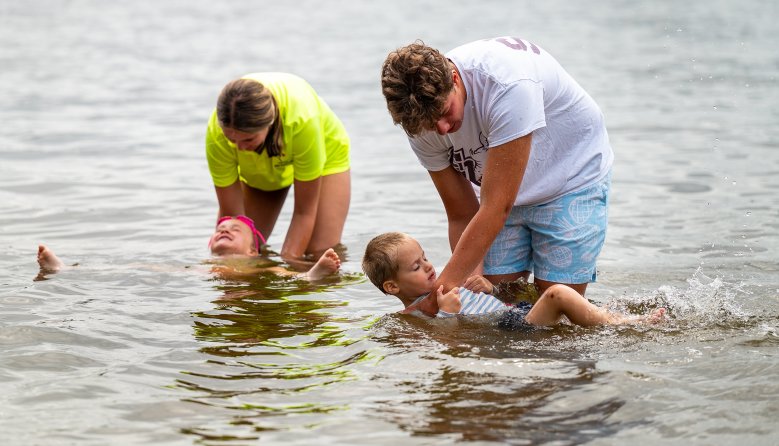
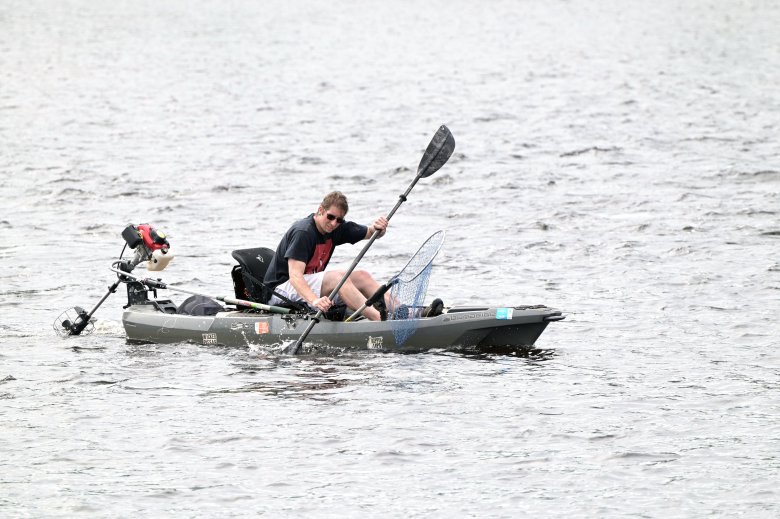
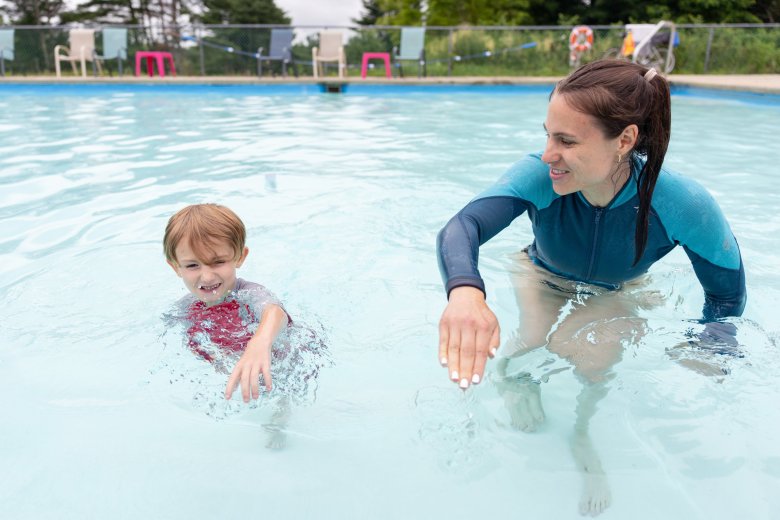
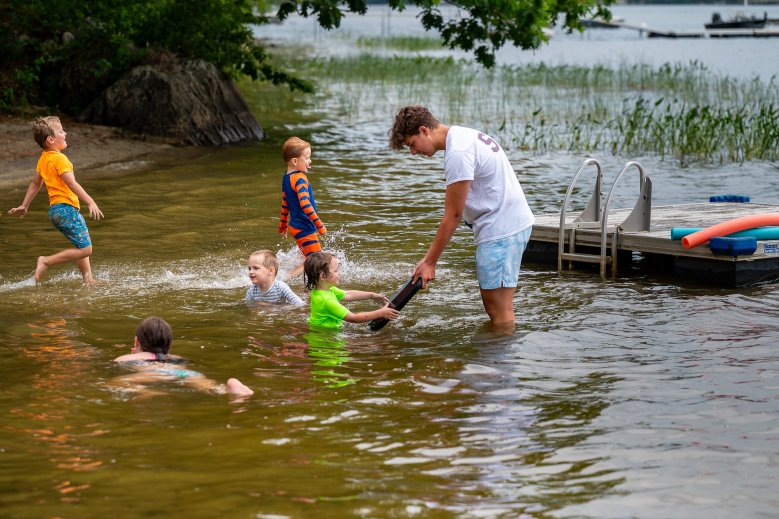
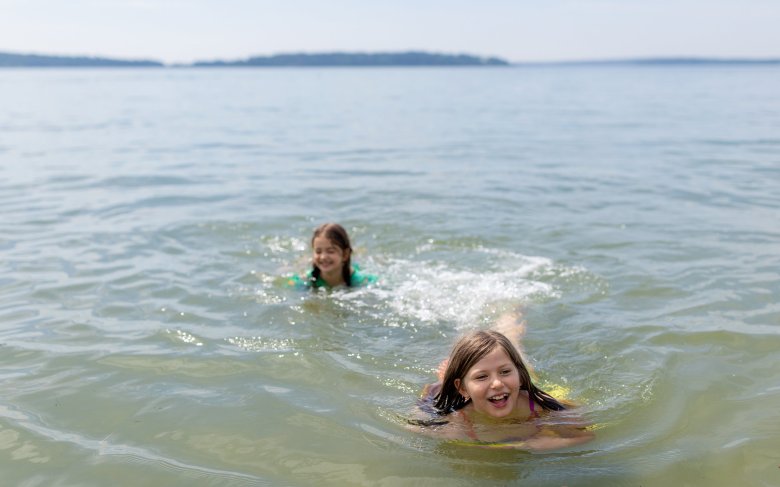
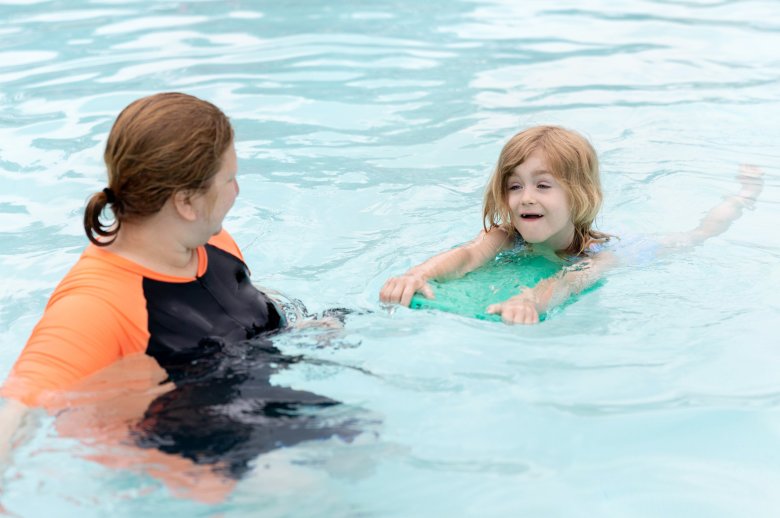
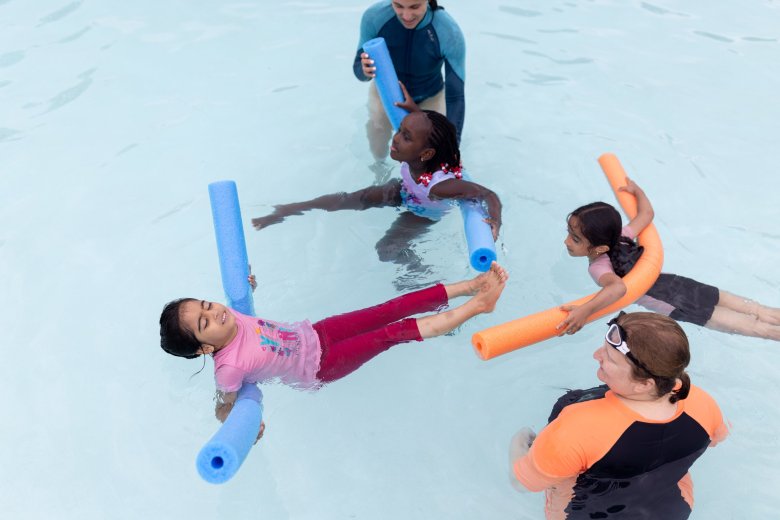
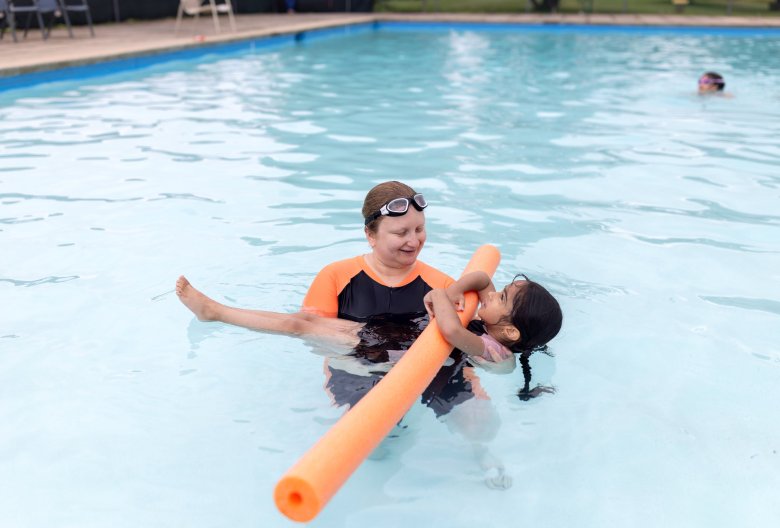
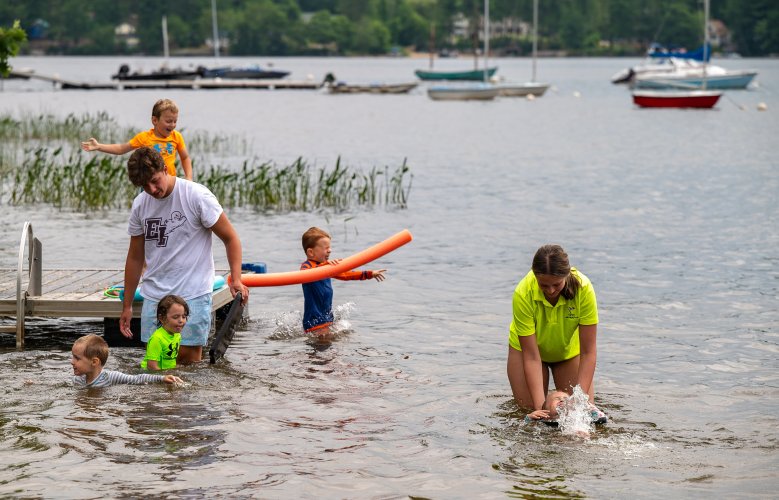
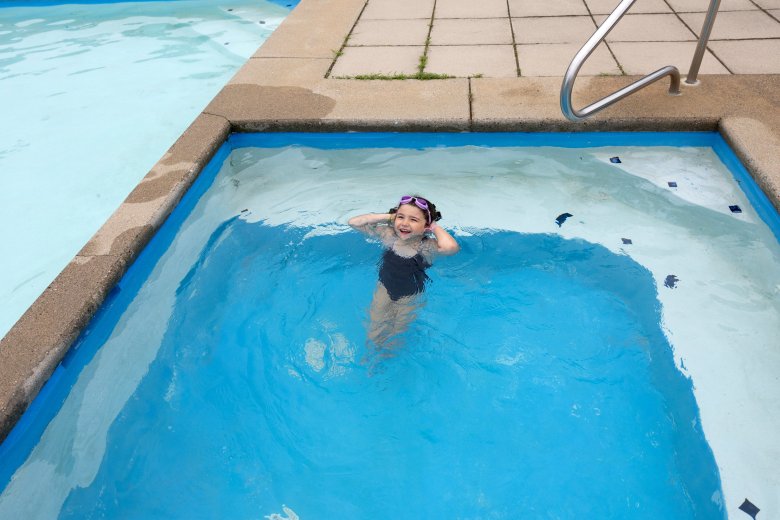
We invite you to add your comments. We encourage a thoughtful exchange of ideas and information on this website. By joining the conversation, you are agreeing to our commenting policy and terms of use. More information is found on our FAQs. You can modify your screen name here.
Comments are managed by our staff during regular business hours Monday through Friday as well as limited hours on Saturday and Sunday. Comments held for moderation outside of those hours may take longer to approve.
Join the Conversation
Please sign into your CentralMaine.com account to participate in conversations below. If you do not have an account, you can register or subscribe. Questions? Please see our FAQs.